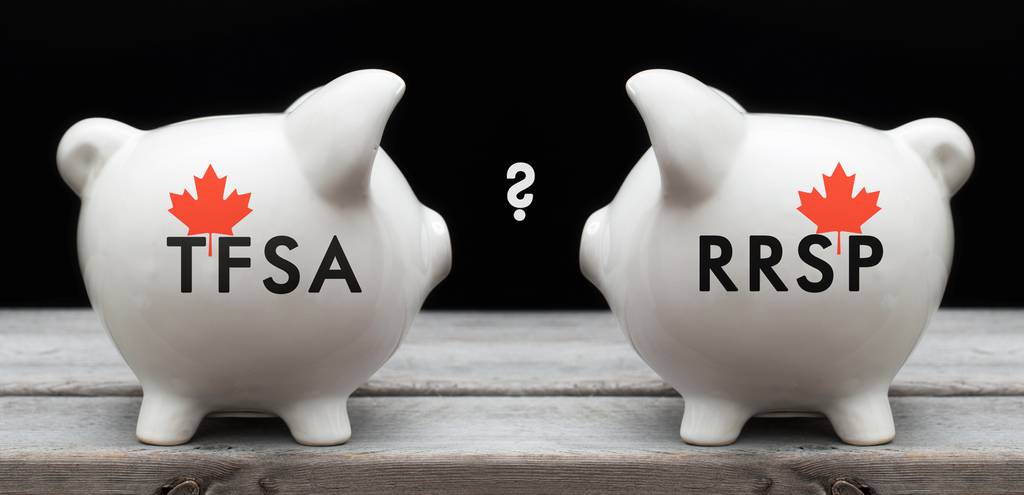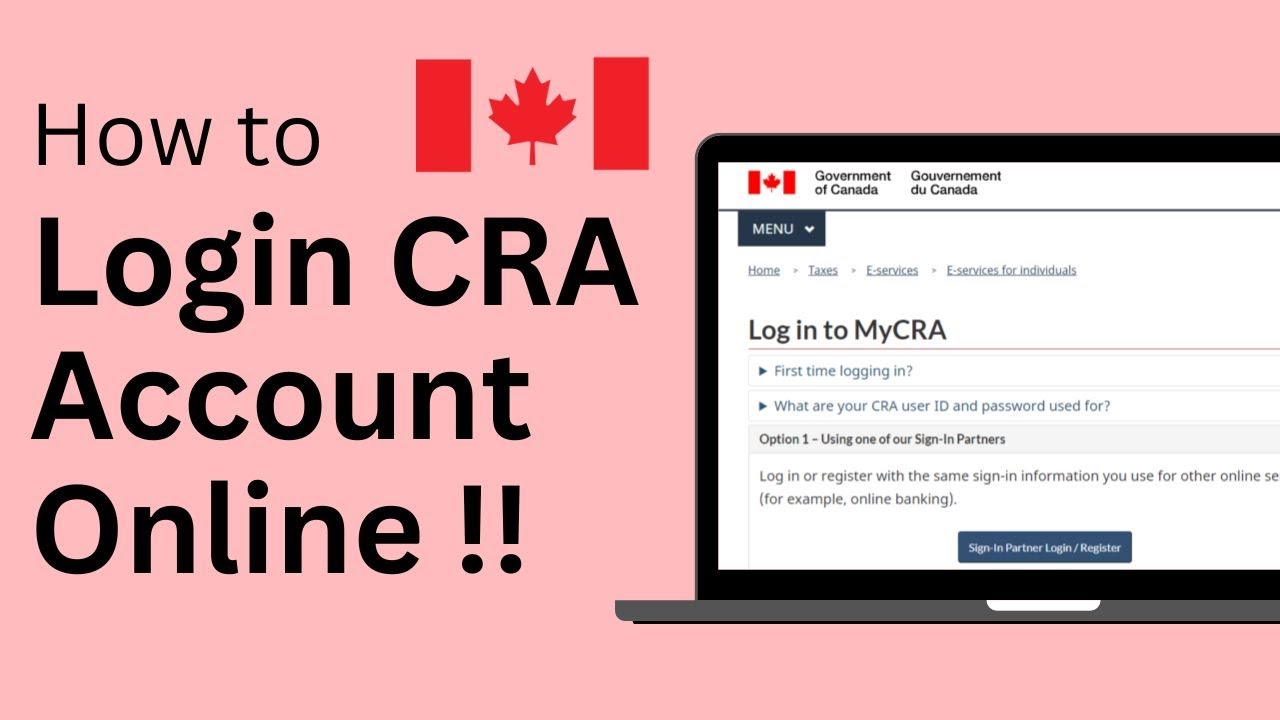It’s an acknowledged fact that the cost of living has been on a steady upward trend for the past several years. Making that trend even more problematic is the reality that such cost increases have been greatest in areas where eliminating or cutting back on expenditures is hardest. Food prices, especially, have increased significantly. According to Statistics Canada’s research, “as of July 2025, Canadians were paying 27.1% more for food purchased from stores than they were in July 2020”.
Newsletter - Akler Browning LLP
Notwithstanding the fact that Canada has a publicly funded health care system, the reality is that each year millions of individual Canadians incur medical and para-medical expenses (like prescription drug costs) which can be significant and which are not covered by that public health care system. Absent a private health insurance plan which provides reimbursement for such expenses, they must be paid for on an out-of-pocket basis.
For individual Canadians, one of the few positive aspects of the recent pandemic was the opportunity it provided to work from home – first as a mandated public health necessity and later as a choice provided by employers. For most employees, working from home was a welcome option which provided better work-life balance and a break from the cost and aggravation of the daily commute. In addition, having a work-from-home arrangement allowed employees to claim a tax deduction for costs (like home heating and other utilities costs, internet access, etc.) which they would have had to incur in any event. For most employees, working from home was a win-win situation.
Canada’s tax system is what is known as a “self-assessing” one, in which taxpayers are expected (in fact, in most cases, required) to take the initiative to prepare and file an annual tax return by a specified deadline, to report all taxable income on that return, claim allowable deductions and credits, and pay any balance of income tax owed for the year.
As September approaches, students who are beginning post-secondary education this year have received one or more offers of admission and then chosen a college or university, have hopefully been offered a place in a university residence or have secured off-campus housing, and are making final plans to make the move away from the family home for the first time. While choosing courses for the upcoming fall semester and anticipating the independence of life on their own is undoubtedly exciting, the hard reality is that all such choices and decisions come with a price tag – sometimes a very steep one. Regardless of geographic location, housing arrangements, or program choices, post-secondary learning is expensive. There will be tuition bills, of course, but also the need to find housing and pay rent in what is, in most college or university locations, a very tight and very expensive rental market. Those who choose to live in a university residence and are able to secure a place will also face bills for that accommodation and, often, for a meal plan.
The process of adopting a child is often a lengthy one, in which a myriad of requirements must be met and legal processes followed. Where the adoption is an international one, the process can be even lengthier and more complex, as often the legal requirements of more than one government must be satisfied, and international travel is required.
Tax-free savings accounts (TFSAs) have been a part of the Canadian tax system since 2009, and the TFSA program can be utilized by more Canadians than any other tax-advantaged savings program. And Canadians have clearly recognized the benefits: Canada Revenue Agency statistics show that, as of 2022, nearly 18 million Canadians had opened a TFSA.
By the time the end of summer approaches, the tax return filing deadline for all Canadian individual taxpayers has passed, and nearly all tax filers will have filed the required return for the 2024 tax year and received a Notice of Assessment from the Canada Revenue Agency (CRA) with respect to that return. It can, therefore, be extremely unsettling for taxpayers to receive unexpected correspondence from the CRA at this time of year, especially where the Agency is requesting additional information about claims made on the tax return for 2024, despite that return already having been filed and processed. When that happens, the recipients of such correspondence often assume the worst – that they are being or are about to be audited, and that the prospect of a large tax bill, along with penalties and interest charges (or worse), looms.
The Canadian tax system provides a number of opportunities for taxpayers to save on a tax-assisted basis. Most Canadians are familiar with registered retirement savings plans (RRSPs) and many are also aware of the availability of the tax-free savings account (TFSA). The newest (and probably least well known) such tax-assisted savings opportunity is the first home savings account (FHSA), which was introduced by the federal government in the 2023-24 budget and first became available in 2023.
Over the past few decades the Canada Revenue Agency, like many other organizations and businesses, has gradually shifted to providing more and more of its services online, through its website. The Agency has been remarkably successful in bringing the Canadian taxpayer along with those efforts to the point where the vast majority (93%) of all individual income tax returns are now filed by electronic means, through the CRA website.









